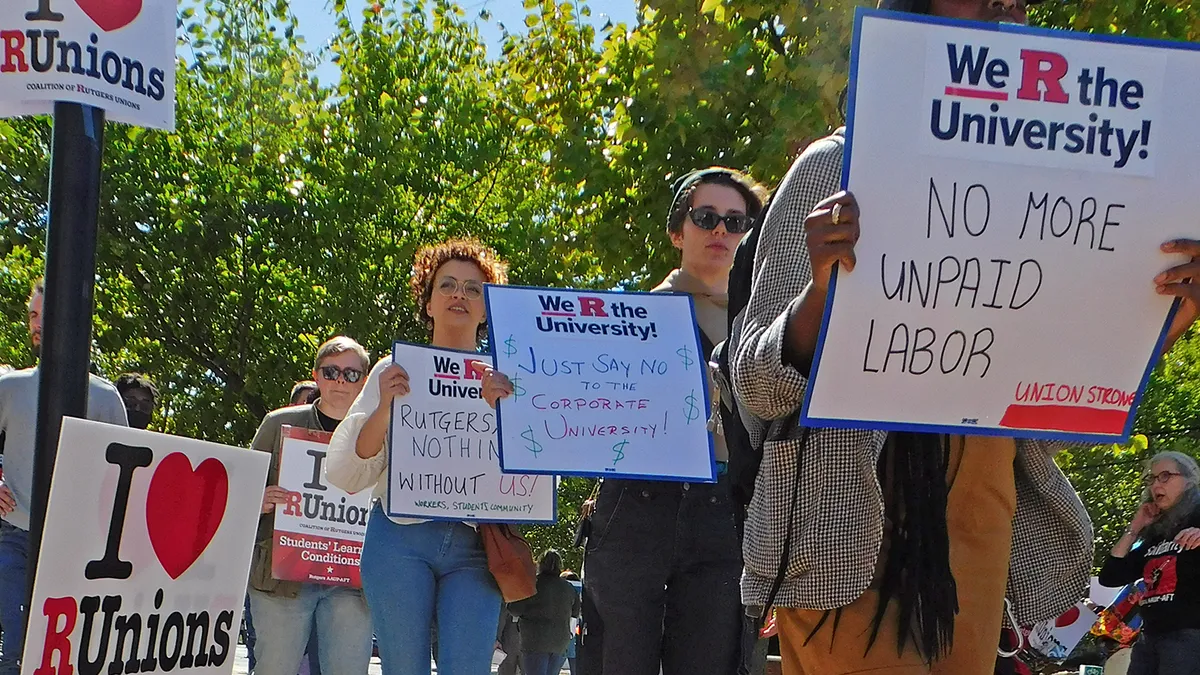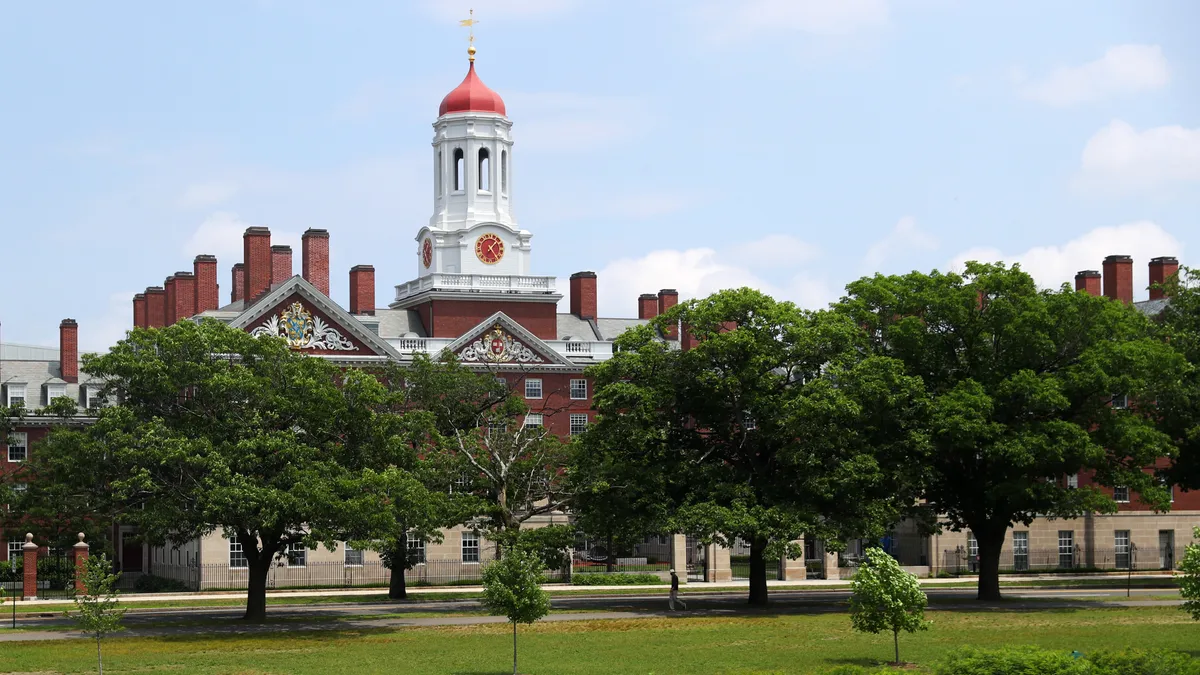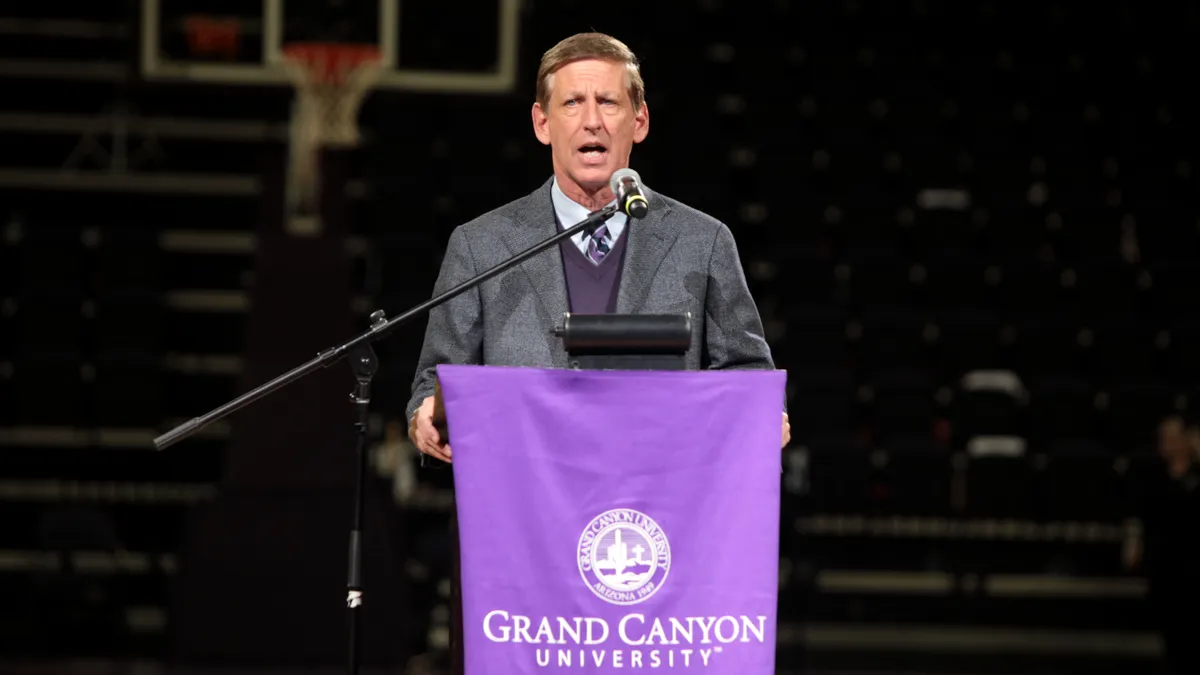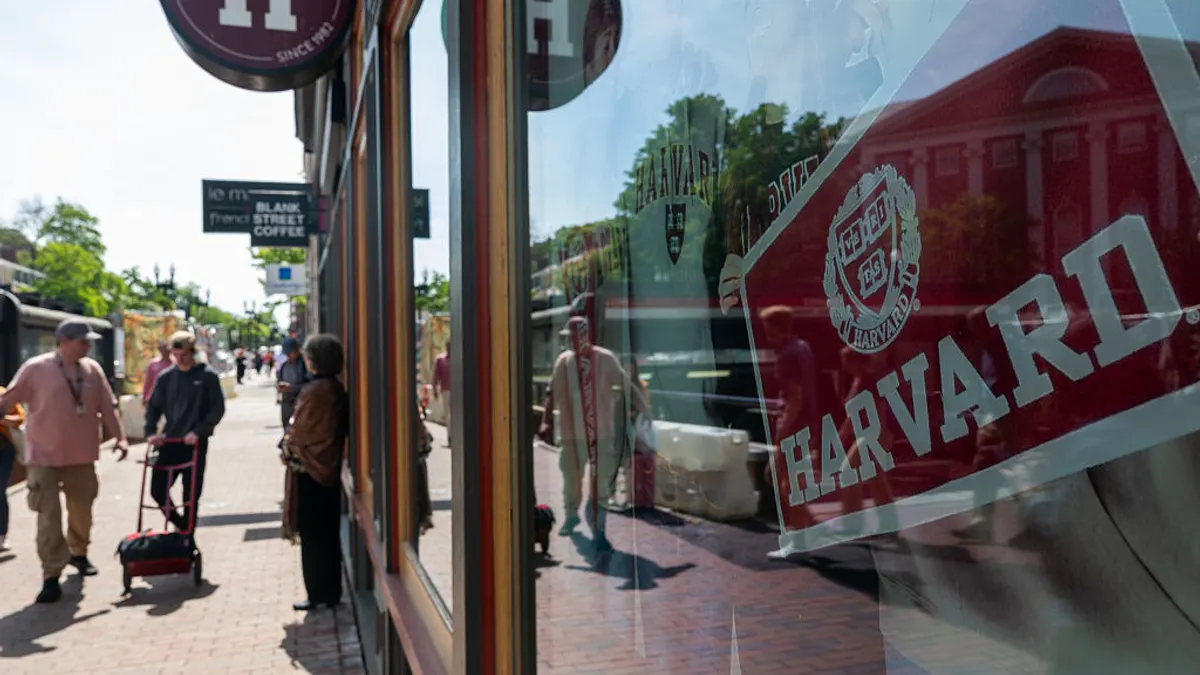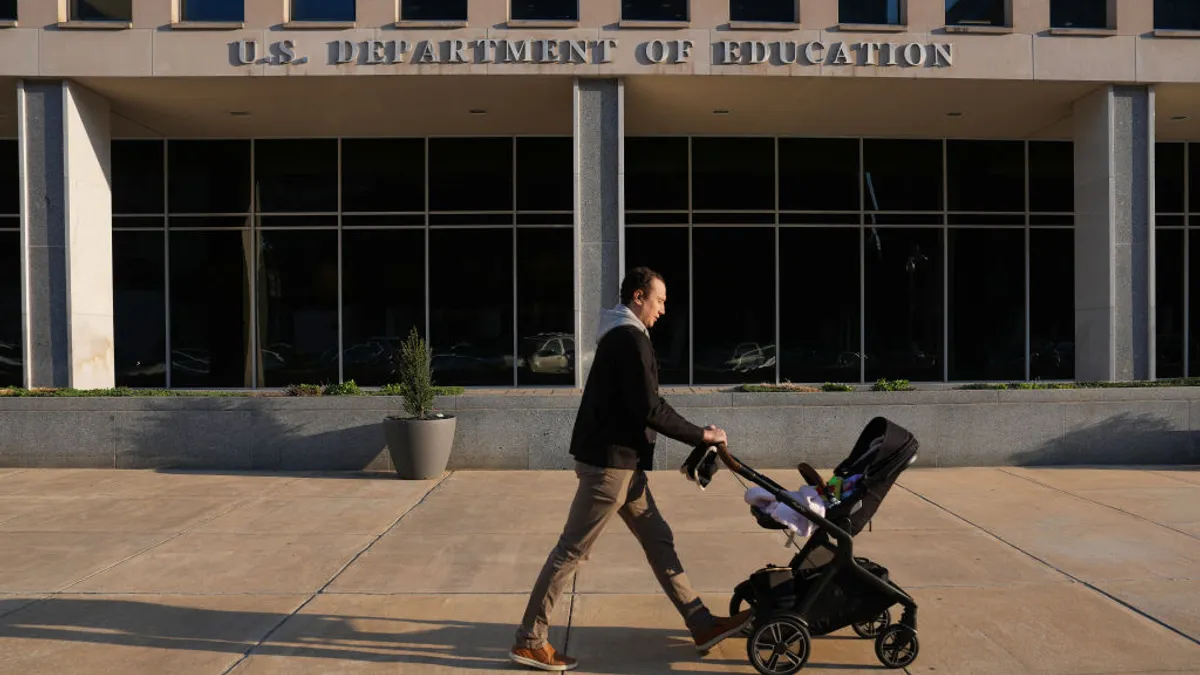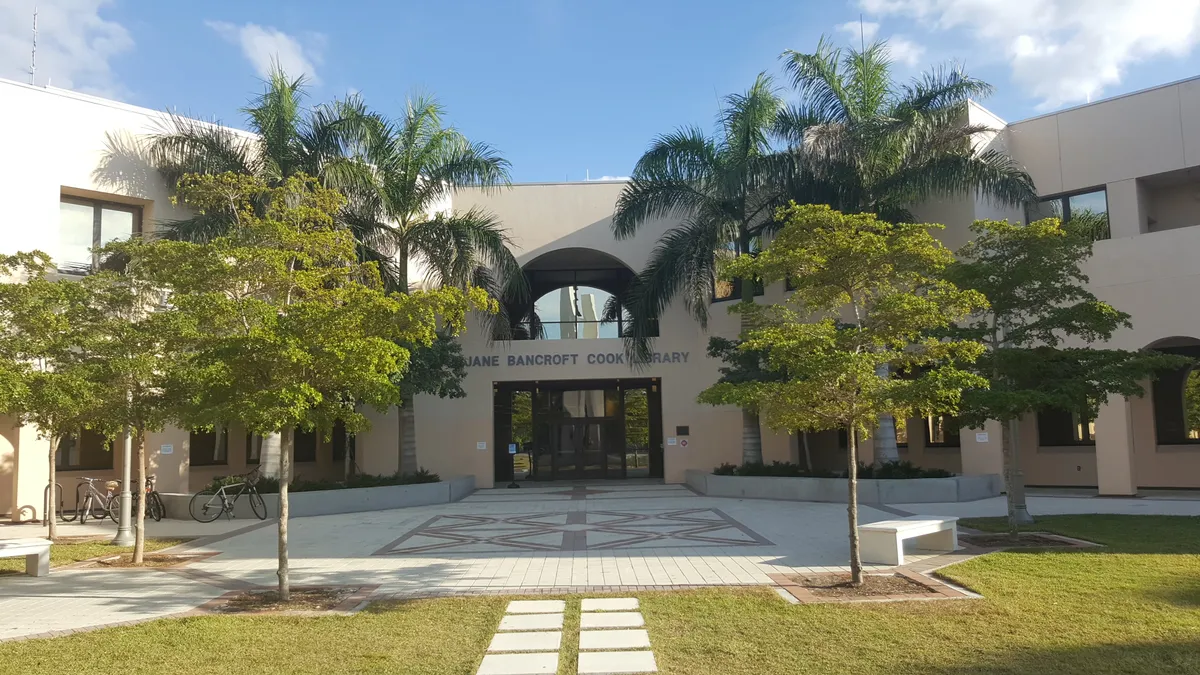Three unions representing all types of Rutgers University faculty went on strike Monday, following almost a year of failed contract negotiations. A vast majority of members across three faculty groups voted Sunday to begin the walkout, the first in the New Jersey flagship's history.
More than 9,000 represented educators are fighting the university over disagreements on pay, pathways to tenure and caregiver benefits. Picketing began Monday and is expected across Rutgers' three campuses.
The university announced it is fully operational and classes will proceed as normal. "It is the university’s expectation that all faculty and staff continue to report to work in order to fulfill their job duties and responsibilities," Rutgers said on its website.
Graduate student unions have gained national attention as those at several prominent institutions, like Temple University and the University of California system, have recently opted to strike. But the Rutgers strike is especially notable because three unions representing a wide swath of faculty have joined in it together.
Over 5,000 full-time faculty, graduate students and postdoctoral workers, along with counselors for New Jersey's Educational Opportunity Fund, are represented by Rutgers American Association of University Professors-American Federation of Teachers. The Rutgers Adjunct Faculty Union represents roughly 2,700 part-time lecturers and adjuncts, while the union for Rutgers' health sciences programs, AAUP-Biomedical and Health Sciences of New Jersey, has 1,300 faculty members.
"To say that this is deeply disappointing would be an understatement, especially given that just two days ago, both sides agreed in good faith to the appointment of a mediator to help us reach agreements," Jonathan Holloway, president of Rutgers, said in an open letter Sunday.
After over 100 bargaining sessions, the unions and the university have made significant and substantial progress and only a few issues are outstanding, according to Holloway.
Striking faculty disagree.
Rutgers AAUP-AFT is seeking a 20% salary increase for full-time faculty over four years, with an additional annual cost-of-living adjustment if inflation exceeds 5%. For graduate workers, it wants an immediate 23.2% wage increase to a minimum salary of $37,150 and a 37.6% increase over four years.
Rutgers had offered full-time faculty salary increases of 12% by July 2025 and 3% lump-sum payments to all faculty unions over the new contract's first two years, according to Holloway.
Rutgers also offered an increase to the per-credit salary rate for part-time and winter and summer instructors of about 20% over four years. The union, however, wants part-time lecturers to receive the same pay and benefits as those in nontenure-track positions and for the university to create paths to tenure for nontenure-track professors and librarians.
Negotiations snagged more dramatically on increased caregiver benefits. Rutgers AAUP-AFT wants 14 weeks of paternity leave, an annual child care subsidy of $5,000 and an additional 10 days of subsidized emergency backup care. Rutgers rejected the care requests outright, according to the union.
“Our proposals to raise graduate workers and adjunct faculty up to a living wage and establish meaningful job security for adjuncts are exactly the ones that the administration has resisted most,” Rebecca Givan, president of Rutgers AAUP-AFT, said in a statement.
Irene Mulvey, president of AAUP, one of the national organizations supporting Rutgers AAUP-AFT, said Monday the university could hardly claim to be surprised by the unions' actions.
"They've been working without a contract for a long time. They authorized the strike a month ago," she said. "There's been fair warning that this is going to happen, and the administration still hasn't been able to reach an agreement on a contract."
Retaliatory action by employers is always a concern, according to Mulvey.
Rutgers, meanwhile, has come out strong against the strike.
The university has lambasted the strike as illegal, citing New Jersey court cases that have deemed walkouts by public employees unlawful.
"Any assertion that this principle does not apply to Rutgers employees, or that it is any less significant because it is established by the judiciary as the common law in the State of New Jersey, and not by the legislature as statutory law, is simply wrong," the Rutgers website says.
The university went on to say that it is considering going to court to halt the strike and "protect our students, patients, and staff from disruptions to their education, clinical care, and workplace."
The unions have maintained the strike would only be illegal if a court approved an injunction against it.
"Management says a strike will harm students. You know what really harms students? The high turnover rate that results from paying teachers poorly and making them reapply for their jobs every semester, as adjuncts have to,” Amy Higer, president of the Rutgers Adjunct Faculty Union, said in a statement Monday.
Mulvey agreed.
"The university administration management would be better served just getting back to the table and reaching an agreement on the deal, rather than retaliation against the striking workers," she said.
She encouraged faculty outside of Rutgers to join the picket line, donate to the strike fund, and voice their support on social media and in letters to the editor.


